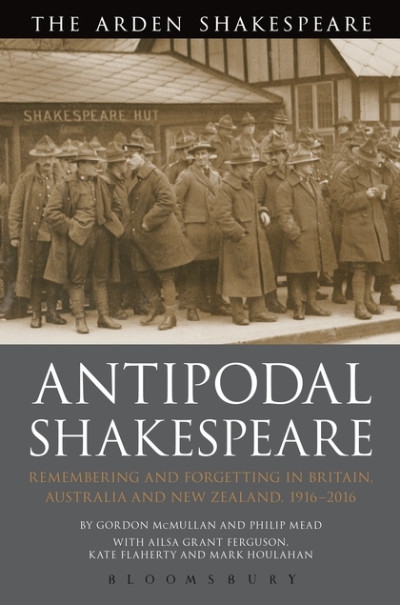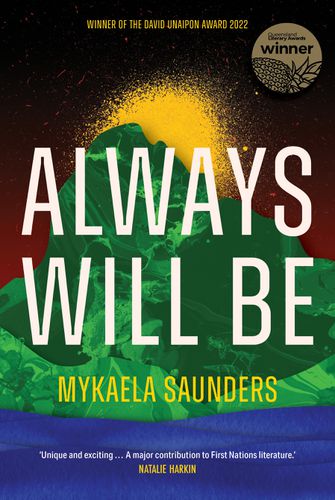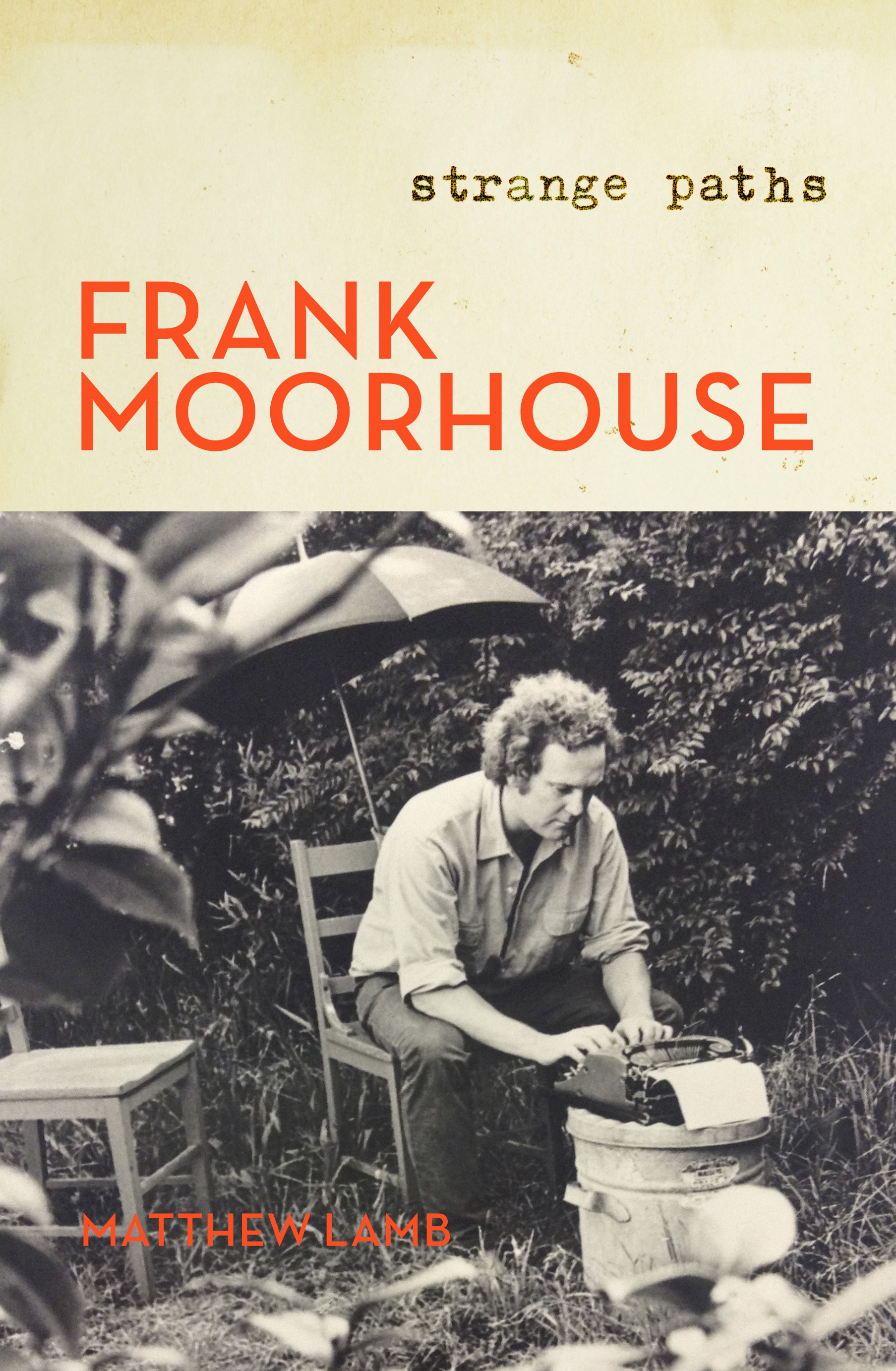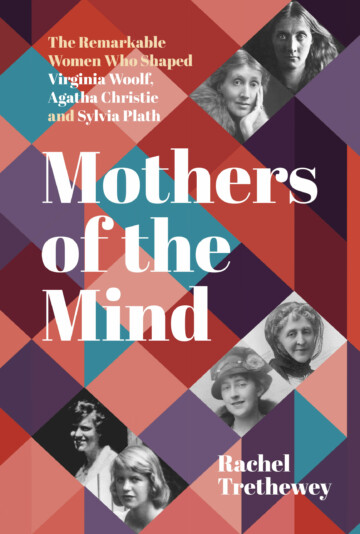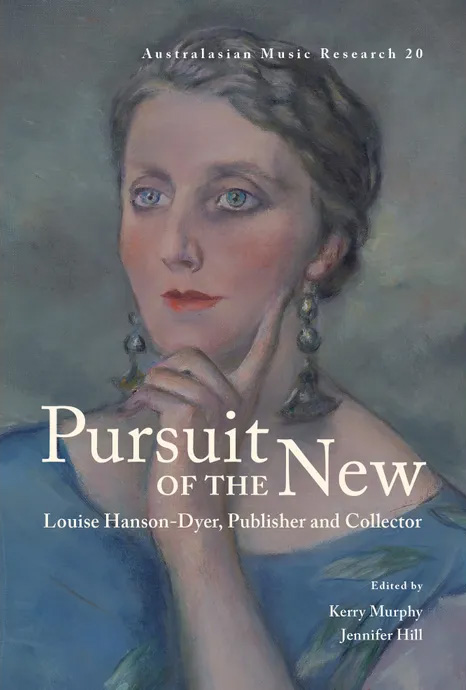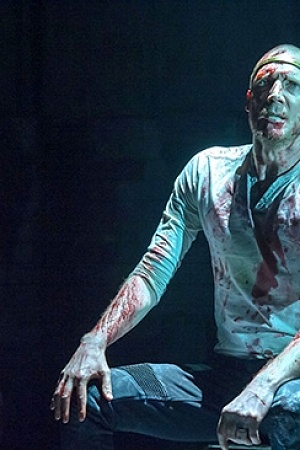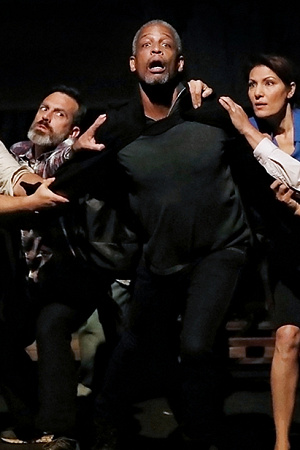Antipodal Shakespeare: Remembering and Forgetting in Britain, Australia and New Zealand, 1916 - 2016
Bloomsbury, $160 hb, 239 pp, 9781474271431
Antipodal Shakespeare: Remembering and Forgetting in Britain, Australia and New Zealand, 1916 - 2016 by Gordon McMullan and Philip Mead et al.
In 1916, the 300th anniversary of Shakespeare’s death coincided with the first anniversary of the Gallipoli landings, thus providing the impetus for this absorbing study of memory and forgetting, and what the authors call a specifically ‘antipodal’ dynamic of asymmetrical commemorations across the northern and southern hemispheres. The Shakespeare Tercentenary, they note, ‘lies at the cusp … of the imperial and the post-imperial’, and the antipodal reading they offer steers a middle course between the ideas of ‘global’ and ‘local’ Shakespeares by focusing on distinct but ‘antipodally connected’ parts of the world. Their focal cities – London, Sydney, Auckland, and Dunedin – have a ‘sustained socio-historical relationship across the hemispheres’, which causes them to function in a manner characterised by ‘resistance-yet-interdependence’. It is not simply ‘antipodean’ – this isn’t a study of Shakespeare in Australia or New Zealand – it is ‘antipodal’: ‘By “antipodal reading”, then, we mean an analysis of certain activities, events or performances taking place at the same moment in ostensibly equal and opposite locations across the globe, locations that are in fact – due to the effects of history, in particular imperial history – not equal at all, culturally and politically.’
The story the authors tell is of the emergence of global Shakespeare from the shadow of imperial Shakespeare, and of the continued relationship between former coloniser and former colonies that is captured in these memorialising processes.
The book is co-authored but consists of elegantly interlinked chapters that are individually attributed. McMullan begins his ‘case study in the selective rememberings and the forgettings that constitute the processes of memorialization’ with the forgotten role played by Israel Gollancz in the founding of the National Theatre, and his legacy in influencing the Royal Shakespeare Company and the present-day Globe Theatre in London. Plans for a Shakespeare Memorial National Theatre faced challenges in terms of acquiring funding, appropriate land, and even consensus (William Poel had proposed a replica of Shakespeare’s Globe as early as 1897; others preferred a more modern theatre). The interruption of the war did little to help, and much of this book focuses on the competing demands of patriotism: honouring the country’s greatest writer and, of more immediately pressing concern, honouring its fallen soldiers. Gollancz orchestrated the 1916 Tercentenary activities in England through his roles on multiple committees and his editing of one of the few surviving artefacts of the commemoration activities, A Book of Homage to Shakespeare. For this, he invited 166 contributors, writing in a wide range of languages, to celebrate the idea of ‘Shakespeare’ – what McMullan dubs a kind of ‘performative memorial’. Through this ‘consciously global reach’, Gollancz did much to advance the case for Shakespeare ‘as a figure of a global culture not restricted to Empire’.
Sydney’s Shakespeare Monument near the State Library is explored as ‘the defining gesture of Sydney Tercentenary commemoration’ by Philip Mead, who notes that the statue was not the product of democratic discussion but rather ‘a very privatized version of Shakespeare remembrance’. Focusing on Shakespeare the man, rather than his works, is a commemorative act ‘driven by an imperial ideology of Englishness’, and was the brainchild primarily of NSW Shakespeare Society President Henry Gullett, whose personal wealth posthumously facilitated the installation of the statue near the Library. By then, it was already ‘an old-fashioned gesture of commemoration’ and starkly at odds with what was happening in England.
Another key contribution made by Gollancz is subsequently taken up by Ailsa Grant Ferguson. Recognising the need to maintain momentum despite the inability to progress the fundraising plans for a Shakespeare Memorial National Theatre during wartime, Gollancz brokered a solution: the acquisition of a site in Bloomsbury where the YMCA could create accommodation for Anzac soldiers in a series of temporary buildings known as the ‘Shakespeare Hut’. There, in addition to accommodation and meals, troops could take in various Shakespearean  A portrait of William Shakespeare. (Wiki Commons)entertainments (by leading actors of the day) on the modest but central stage – at least, it was hoped, until a more permanent memorial theatre to Shakespeare could be built on the site. The Hut was ‘an improvisation solely for wartime’ but, importantly, solicited Shakespeare’s name in support of wartime efforts, and from 1919 until its demolition in 1923 the Hut was leased to the Indian YMCA and the proceeds used to fund the Stratford-based New Shakespeare Company (a precursor to the Royal Shakespeare Company). Meanwhile, the fundraising campaign for a more permanent theatre included a ‘Shakespeare’s England’ exhibition which featured Poel’s Globe replica design; a design later seen by the young Sam Wanamaker at the Chicago World Fair in 1934 in what was evidently a formative moment for the man responsible for creating the present Globe Theatre in London. Until now, the Hut has been only cursorily examined and dismissed as providing amateur entertainment for British troops (a factually inaccurate statement in multiple ways).
A portrait of William Shakespeare. (Wiki Commons)entertainments (by leading actors of the day) on the modest but central stage – at least, it was hoped, until a more permanent memorial theatre to Shakespeare could be built on the site. The Hut was ‘an improvisation solely for wartime’ but, importantly, solicited Shakespeare’s name in support of wartime efforts, and from 1919 until its demolition in 1923 the Hut was leased to the Indian YMCA and the proceeds used to fund the Stratford-based New Shakespeare Company (a precursor to the Royal Shakespeare Company). Meanwhile, the fundraising campaign for a more permanent theatre included a ‘Shakespeare’s England’ exhibition which featured Poel’s Globe replica design; a design later seen by the young Sam Wanamaker at the Chicago World Fair in 1934 in what was evidently a formative moment for the man responsible for creating the present Globe Theatre in London. Until now, the Hut has been only cursorily examined and dismissed as providing amateur entertainment for British troops (a factually inaccurate statement in multiple ways).
 Proffesor Gordon McMullan (Photo by Bronac McNeill)Mark Houlahan turns to newspapers and ephemera to document New Zealand’s response to the Tercentenary. He looks at William Pember Reeves’s contribution to Gollancz’s Homage book and offers a coda on the 2016 commemorations in the form of Auckland’s Pop-Up Globe as unintentional analogue to the temporary Shakespeare Hut. Kate Flaherty turns to the stage history of Henry V to suggest that ‘“Shakespeare” was read in Australia as representing English racial pedigree and solidarity with Empire’. Her analysis of Bell Shakespeare productions of the Henry plays in 1998–99 and 2013–14 shows how, for the first time, ‘the alliance between Shakespeare and war commemoration is staged as deeply troubled’. Together, these chapters rethink the process of remembering and forgetting through a provocative antipodal lens.
Proffesor Gordon McMullan (Photo by Bronac McNeill)Mark Houlahan turns to newspapers and ephemera to document New Zealand’s response to the Tercentenary. He looks at William Pember Reeves’s contribution to Gollancz’s Homage book and offers a coda on the 2016 commemorations in the form of Auckland’s Pop-Up Globe as unintentional analogue to the temporary Shakespeare Hut. Kate Flaherty turns to the stage history of Henry V to suggest that ‘“Shakespeare” was read in Australia as representing English racial pedigree and solidarity with Empire’. Her analysis of Bell Shakespeare productions of the Henry plays in 1998–99 and 2013–14 shows how, for the first time, ‘the alliance between Shakespeare and war commemoration is staged as deeply troubled’. Together, these chapters rethink the process of remembering and forgetting through a provocative antipodal lens.

